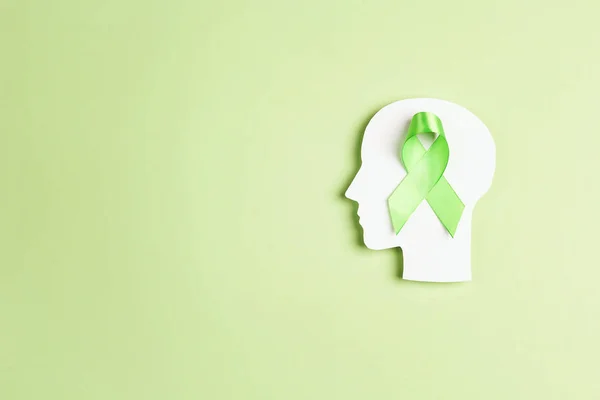
Mental Health Problems – Learn How To Deal With Them
Mental health problems are a significant and often overlooked aspect of overall well-being. They can affect anyone, regardless of age, gender, or background, and their impact on individuals and communities is profound. In this article, we will explore the importance of recognizing and addressing mental health problems and provide valuable insights on how to deal with them effectively.
Understanding Mental Health Problems

Mental health problems encompass a wide range of conditions that affect a person’s thoughts, emotions, behaviors, and overall mental well-being. These conditions can vary in severity, from mild and temporary to severe and chronic. Some of the most common mental health problems include:
- Depression: Characterized by persistent feelings of sadness, hopelessness, and a loss of interest or pleasure in daily activities.
- Anxiety Disorders: These include conditions like generalized anxiety disorder, social anxiety disorder, and panic disorder, which involve excessive worry, fear, and heightened stress.
- Bipolar Disorder: Marked by extreme mood swings, from episodes of high energy and euphoria (mania) to episodes of deep depression.
- Schizophrenia: A severe mental disorder that can cause disordered thinking, hallucinations, and difficulty distinguishing between reality and delusions.
- Post-Traumatic Stress Disorder (PTSD): Often seen in individuals who have experienced trauma, it involves intrusive memories, flashbacks, and severe anxiety.
- Eating Disorders: Conditions like anorexia nervosa, bulimia nervosa, and binge-eating disorder are characterized by problematic eating behaviors and distorted body image.
- Substance Use Disorders: These include addiction to drugs or alcohol, which can have severe mental health implications.
- Recognizing the Signs
Recognizing the signs of mental health problems is a crucial first step in addressing them. Common signs may include changes in mood, behavior, or thought patterns, withdrawal from social activities, changes in sleep or appetite, and feelings of hopelessness or despair. It’s essential to pay attention to these signs in oneself and in others, as early intervention can make a significant difference in treatment outcomes.
Seeking Help and Support
Dealing with mental health problems often requires professional help. Seeking the support of a mental health therapist or counselor can provide valuable guidance and treatment options. Friends and family can also be essential sources of support and understanding during difficult times.
Self-Care and Coping Strategies
In addition to seeking professional help, individuals can implement self-care and coping strategies to manage mental health problems. These may include:
- Regular Exercise: Physical activity has been shown to have a positive impact on mental health by reducing stress and releasing endorphins.
- Healthy Diet: A balanced diet can improve mood and energy levels, while excessive consumption of sugary or processed foods may exacerbate symptoms.
- Adequate Sleep: Prioritizing quality sleep is crucial for mental well-being, as sleep disturbances can worsen mental health problems.
- Stress Management: Learning stress reduction techniques such as mindfulness meditation, deep breathing exercises, and progressive muscle relaxation can help manage anxiety and stress.
- Social Connections: Maintaining a strong support network of friends and loved ones is vital for emotional well-being.
- Avoiding Substance Abuse: Substance abuse can worsen mental health issues and should be avoided or addressed with professional help.
Reducing Stigma and Raising Awareness
It is essential to reduce the stigma associated with mental health problems. Open and non-judgmental conversations about mental health can create a more compassionate and understanding society where individuals feel comfortable seeking help when needed.
Conclusion
In conclusion, mental health problems are a significant aspect of overall health that can affect anyone. Recognizing the signs, seeking help and support, implementing self-care strategies, and reducing stigma are essential steps in addressing these challenges effectively. Remember that you are not alone, and there is hope and help available for those facing mental health problems. By seeking assistance and fostering a supportive environment, we can better manage and overcome mental health issues, leading to a healthier and happier life.
